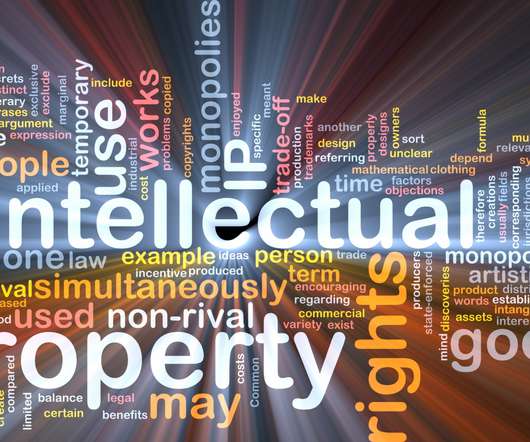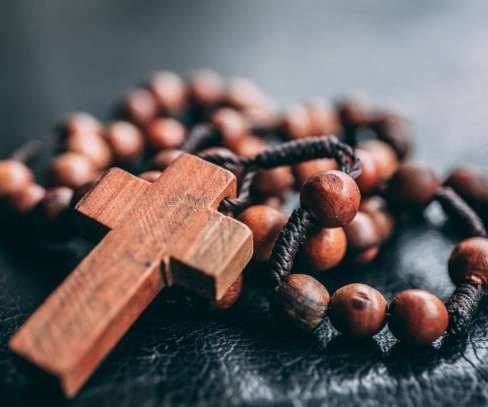Intellectual Property: What Are the Differences between Patent, Trademark, and Copyright?
More Than Your Mark
AUGUST 27, 2021
Only the copyright owner has the right to make copies, distribute copies, perform, display, or make derivative works of the copyrighted work. A copyright lasts for the life of the author plus 70 years (for works made for hire, 95 years from when they are first published).











Let's personalize your content